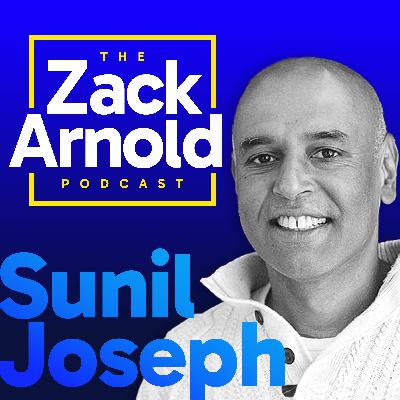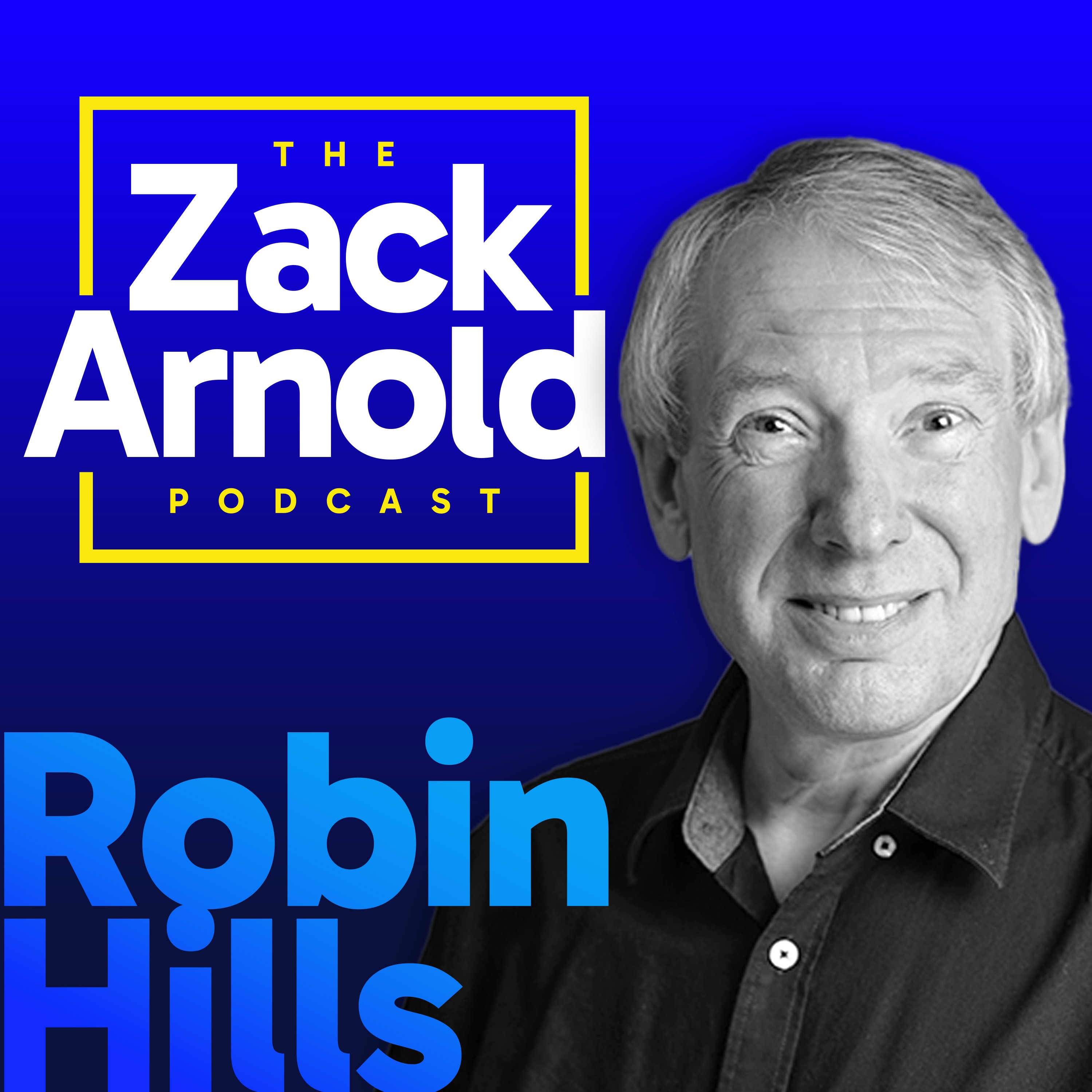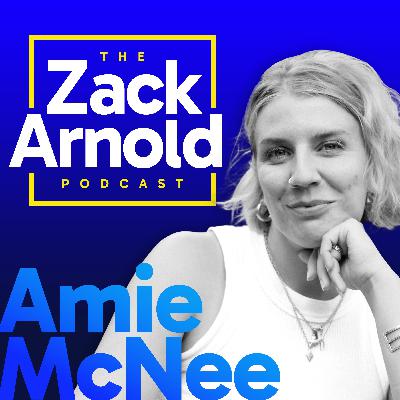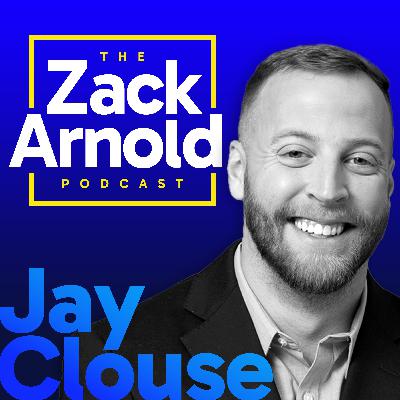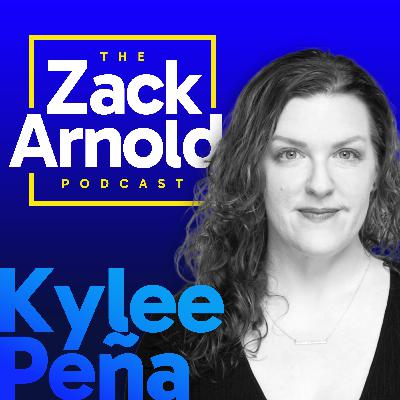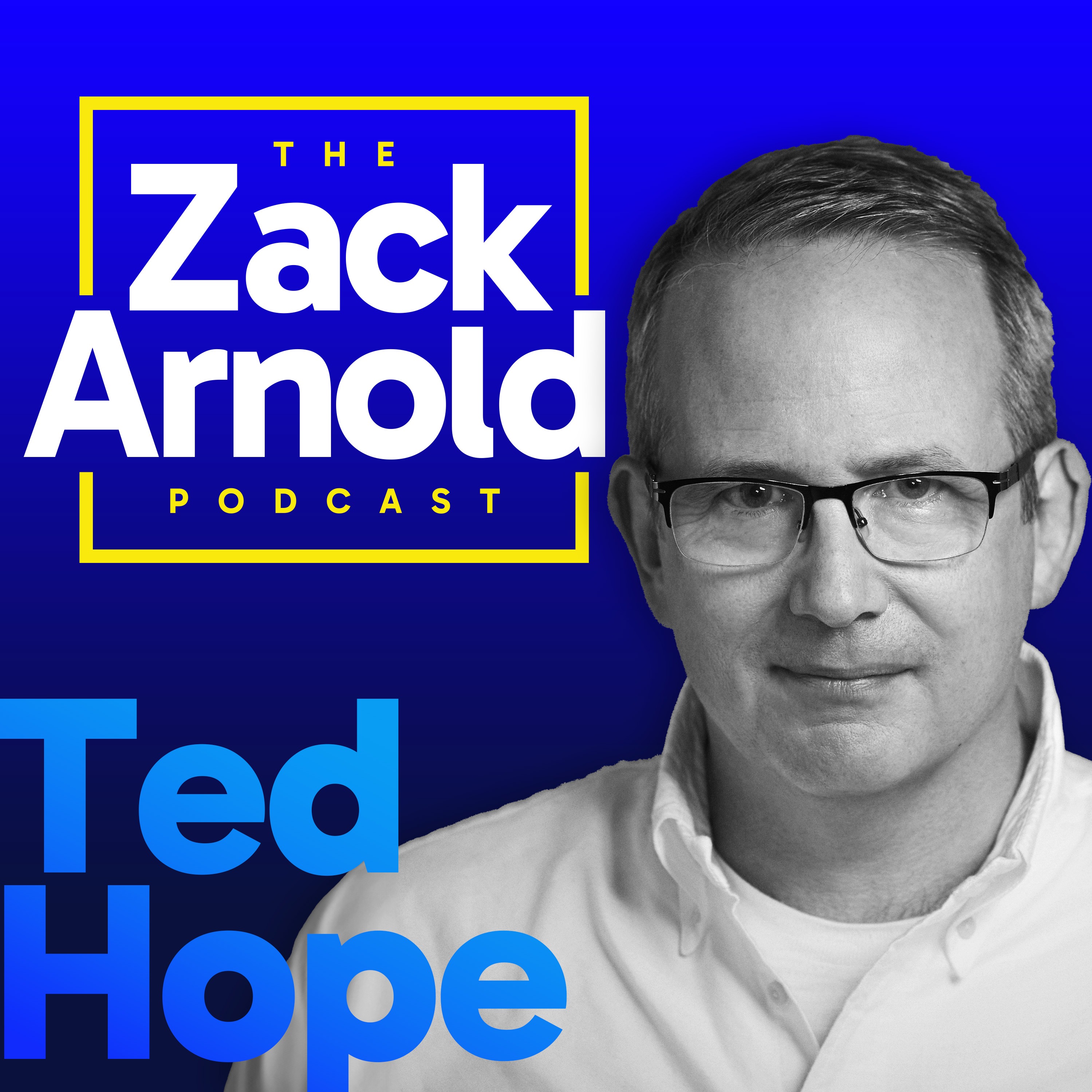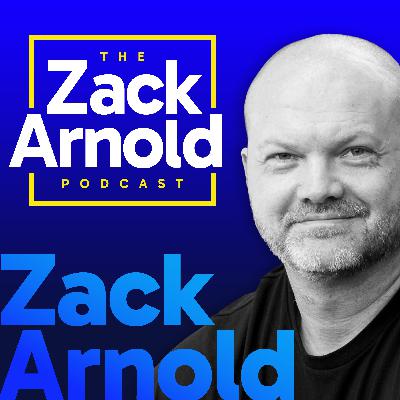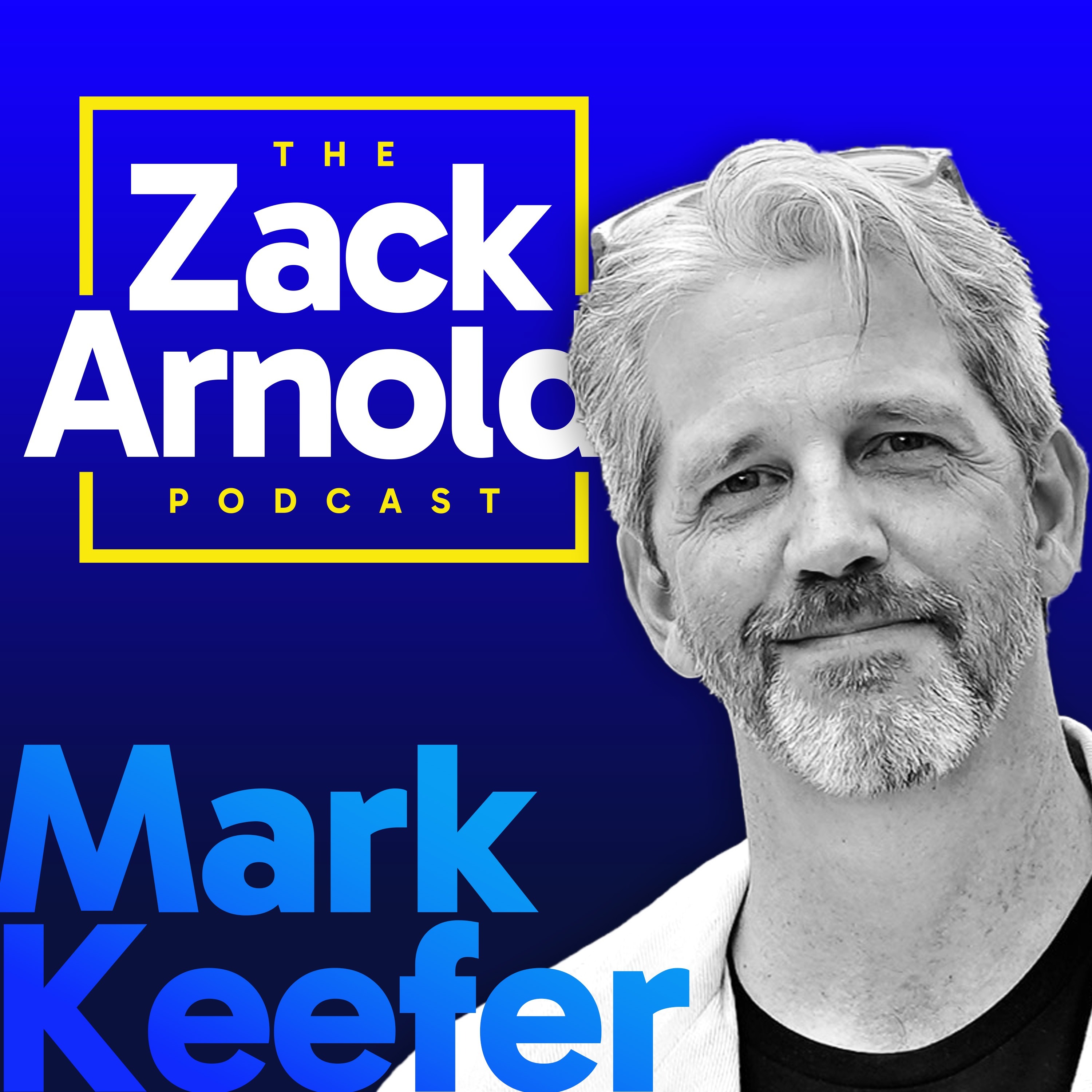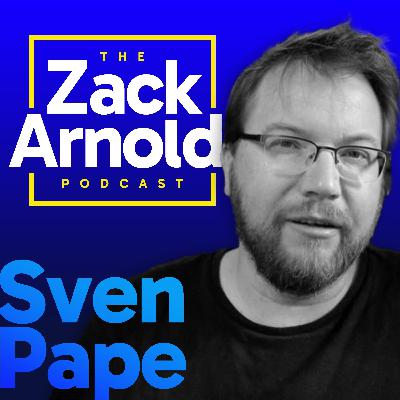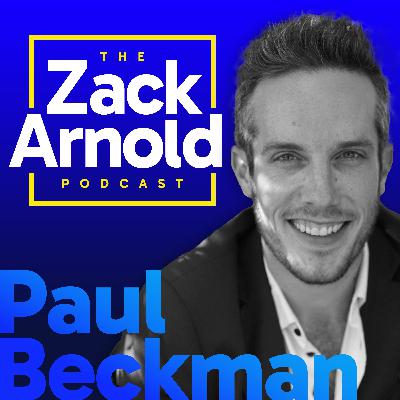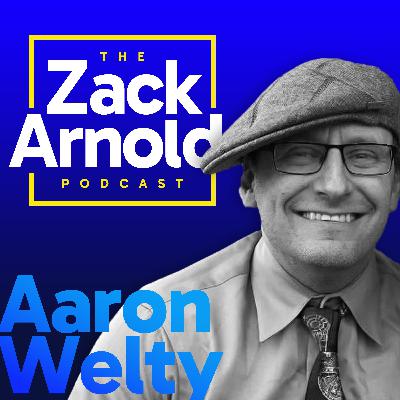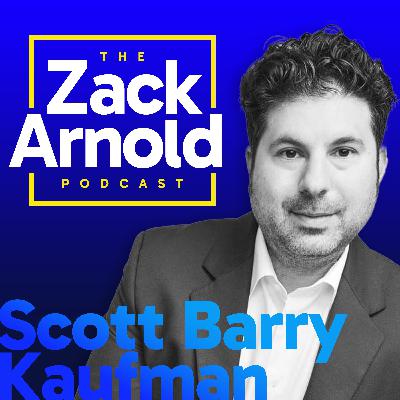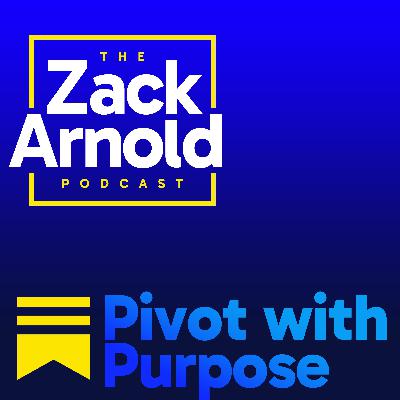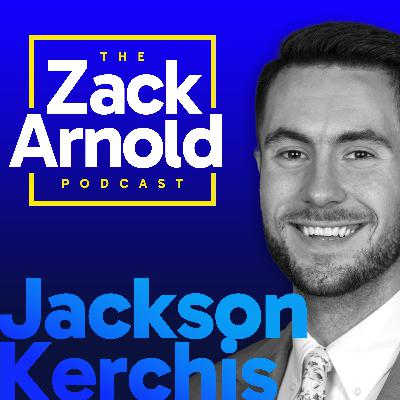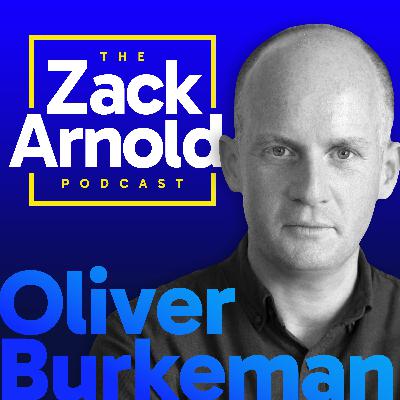What does it really take to build a sustainable creative career in an industry evolving faster than ever before?For today’s episode, I’m sharing something different—a live masterclass I hosted at the end of my weeklong virtual summit. Over five days, I interviewed 15 brilliant minds—showrunners, entrepreneurs, AI experts, Oscar-winning filmmakers, and more—all centered around one question: how do we adapt and thrive creatively when the rules keep changing? The truth is, events like these can overwhelm you with ideas but leave you stuck on what to actually do next. That’s exactly why I created this masterclass: to cut through the noise, synthesize the insights, and help you take meaningful action—whether you’re pivoting, expanding your skill set, or charting a whole new path.Key TakeawaysBreak free from limiting career myths. Let go of the idea that career pivots mean starting from scratch or that success only comes from insider connections. Your experience and relationships already carry value.Create balance between your work and your life. Align your work with your personal well-being and values. When life and work support each other, you protect both your energy and creativity.Build your path with support, not in isolation. Career growth isn’t meant to be a solo journey. Find your people—mentors, peers, and communities who can guide, challenge, and uplift you along the way.Episode HighlightsExplore how we must adapt to a world that won’t return to “normal,” where embracing our humanity alongside AI, investing in deep relationships, diversifying our skills, and creating meaningful, soul-driven work are essential to thriving in uncertain times.The future of entertainment lies at the intersection of legacy Hollywood and content creators, where shared purpose, emotional resonance, and evolving tools empower a new generation of storytellers to experiment, connect, and create beyond traditional boundaries.What once felt like a stable roadmap—specialization, security, and climbing the ladder—no longer serves us in a world reshaped by automation and AI, where survival now demands adaptability, a creative beginner’s mindset, and the courage to unlearn and start fresh.In a world where automation is replacing specialization, adaptability, agility, and the ability to pivot are now your most valuable skills.Learn to redefine your story by combining your diverse work and life experiences, unique interests, and character traits to create an "asymmetric advantage" and become a category of one in your field.Understand that while relationships are crucial, you can cultivate a powerful network by focusing on giving value to others, rather than just taking.Unlock sustainable productivity by managing time and focus like spinning plates, instead of trying to do everything at once.See how the Arnold Academy for Creatives empowers creative professionals through comprehensive courses, live coaching, and a supportive global community to navigate career pivots, build meaningful relationships, and achieve sustainable success without compromising their well-being.Recommended Next EpisodeNavigating the Future of Entertainment: To learn more about the summit that was built to redefine your creative career.Useful ResourcesThe Arnold Academy for CreativesThe Summit 2025Want to Hear More Episodes Like This One?» Click here to subscribe and never miss another episodeShow CreditsEdited by: Curtis FritschProduced by: Debby GerminoShownotes and published by: Vim PangantihonMusic by: Thomas CepedaNote: I believe in 100% transparency, so please note that I receive a small commission if you purchase products from some of the links on this page (at no additional cost to you). Your support is what helps keep this program alive. If you have any questions, please don’t hesitate to contact me.Support this podcast at — https://redcircle.com/the-zack-arnold-podcast/exclusive-content

 The Zack Arnold Podcast
The Zack Arnold Podcast


